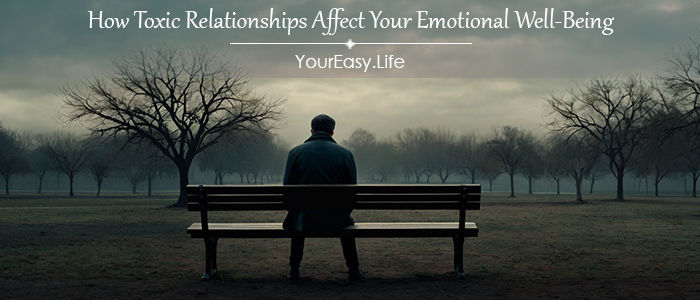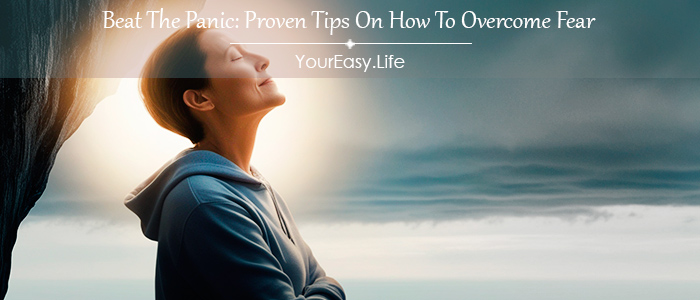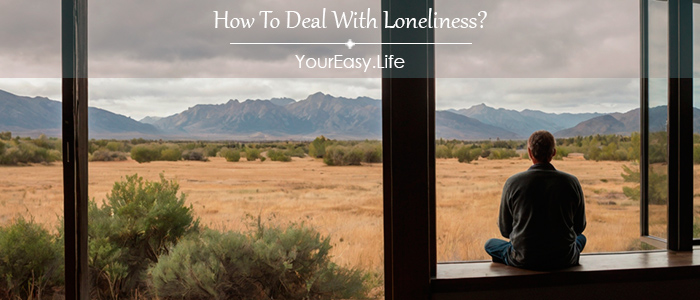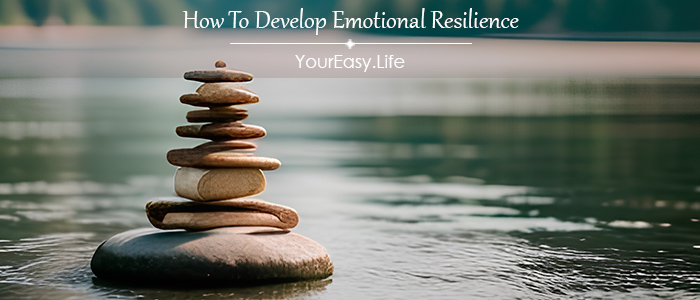Toxic relationships are one of the most destructive forces that can affect our emotional well-being. They can drain your energy, lower your self-confidence, cause chronic stress, and even lead to depression. If you’ve ever been in such relationships, you likely know how hard it can be to recognize the problem, and even harder to find a way out.
Moreover, toxic relationships are one of those topics people don’t openly discuss. We’re often afraid to admit that the people who are supposed to bring us joy and support are actually draining us and making life more difficult. But the truth is that toxic relationships can destroy your emotional well-being slowly and subtly, like rust gradually eating away at metal. And it’s not always obvious at first glance.
Table Of Contents
What Are Toxic Relationships?
Have you ever noticed that after spending time with certain people, you feel empty, irritated, or down? Maybe it’s a colleague who constantly criticizes you, or a friend who only reaches out to vent but never asks about your life. Or perhaps it’s a loved one who manipulates your feelings, making you feel guilty for their problems.
Toxic relationships come in many forms — they can involve a romantic partner, a family member, a friend, or even a coworker. But the common denominator in all these relationships is the constant drain on your energy and the disruption of your emotional well-being.
How Do Toxic Relationships Affect Your Emotional Well-Being?
Emotional well-being is the state of feeling inner peace, satisfaction, and the ability to cope with life’s challenges. However, toxic relationships make this balance impossible. Constant negative emotions, manipulation, criticism, and lack of support can lead to feelings of helplessness and stress.
Research shows that toxic relationships can lead to anxiety disorders, depression, and even physical symptoms of stress such as insomnia, headaches, and digestive problems. For example, a study published in the Journal of Family Psychology found that negative interactions in close relationships increase stress levels and negatively impact physical health.
How Toxic Relationships Reflect On Your Emotional Well-Being
- Constant anxiety and stress. You may feel like you’re always on edge because you never know how your partner or another person will behave next.
- Loss of self-confidence. Toxic relationships often involve emotional manipulation, which can make you feel unworthy or insignificant.
- Emotional exhaustion. Toxic relationships drain your emotional resources, leaving you feeling empty and unable to cope with life’s difficulties.
- Feelings of guilt. People in toxic relationships often feel guilty for their actions and decisions, even when they’ve done nothing wrong.
Types Of Toxic Relationships
Toxicity can manifest in various ways depending on the type of relationship. Let’s look at some of the main types of toxic connections and their characteristics.
Toxic Family Relationships
Family is supposed to be the first place where we seek support and protection. But what if those who should care for us become the source of pain and stress? In toxic family relationships, emotional manipulation often occurs, making you feel guilty or responsible for the other person’s problems. This might be a controlling parent who never acknowledges your achievements or a relative who always finds reasons to criticize you.
Toxic Romantic Relationships
In romantic relationships, toxicity can take the form of control, jealousy, emotional abuse, or even gaslighting — when your partner makes you doubt your thoughts and feelings. The result? Constant feelings of guilt, anxiety, and fear of being yourself. A toxic partner might make you feel like you’re not good enough or that you are responsible for their emotions.
Toxic Friendships
We often think of friendship as a source of joy and support, but that’s not always the case. For example, a friend who always takes but never gives. Or a person who uses you only to vent without caring about your life. This could be a friend who makes you feel guilty if you don’t do what they want or constantly criticizes your decisions and lifestyle.
Toxic Work Relationships
The workplace can also be a source of toxic relationships, constantly putting you in stressful situations. This could be a coworker who shifts their responsibilities onto you or a boss who never appreciates your efforts but always finds a reason to criticize you. Such relationships lead to emotional burnout, loss of motivation, and chronic stress.
How To Recognize Toxic Relationships?
Now let’s think: how do you know if you’re in a toxic relationship? Here are a few signs to look out for:
- Constant criticism. You’re frequently blamed or criticized, and it’s not constructive criticism but rather an attempt to belittle you or make you feel worse.
- Manipulation. The other person uses your feelings or emotions to control you. This could manifest as guilt, fear, or emotional manipulation.
- Lack of support. Instead of supporting you in difficult situations, the person makes them even more challenging.
- Violation of personal boundaries. Your boundaries are not respected, and every time you try to establish them, they’re ignored or ridiculed.

How To Deal With Toxic Relationships?
You might ask yourself: what can I do if I’m already in such a relationship? This is a difficult question, and there’s no single answer. But there are several steps that can help:
1. Acknowledge The Problem
The first and most important step is recognizing that you’re in a toxic relationship. This can be tough, especially if the relationship has lasted for years — people often get used to dysfunctional dynamics and start to see them as normal. However, it’s essential to understand that relationships that drain your resources, hinder your growth, and cause constant stress are not healthy.
2. Set Boundaries
Learn to say “no” and set boundaries — this is not selfishness but a way to protect your emotional space. Make it clear what actions are unacceptable to you and what consequences will follow if those boundaries are crossed. This can be difficult, but it’s an important step towards regaining control of your life. If someone constantly violates your boundaries, that’s a signal to reconsider the relationship.
3. Work On Your Self-Confidence
Toxic relationships can seriously undermine your self-confidence. You need to rebuild that confidence and remind yourself that you are worthy of respect and care. Practices like positive affirmations and working with a psychologist can help you restore your self-esteem.
4. Seek Support
Don’t be afraid to reach out for help. This could be a trusted friend or a professional therapist. Talking to someone who can see the situation from the outside can help you better understand what’s happening and find a solution.
5. Consider Ending The Relationship
This may be the hardest step, especially if the toxic relationship involves a family member or close friend. But if you see that the relationship isn’t improving and continues to harm your emotional well-being, don’t be afraid to take decisive action. Remember: you deserve healthy relationships that support you rather than tear you down.
What If Ending The Relationship Feels Too Hard?
“I can’t just walk away; it’s too difficult” — this is a common objection many people face. But think about this: how do you feel right now? If your emotional well-being is at risk, is it worth continuing to endure? Ending a toxic relationship is not a sign of weakness; it’s a step toward protecting your health and life.
“What if I’m exaggerating? Maybe it’s not that bad?” Toxic relationships can seem “normal” for a long time because you’ve grown used to them. But if you constantly feel tense, anxious, or exhausted, these are clear signs that the relationship is harming you. Trust your feelings — they rarely lie.
Conclusion
Toxic relationships can slowly destroy not only your emotional well-being but also your sense of self. But there is always a way out! It’s important to understand that you don’t have to tolerate unhealthy relationships, and you have the power to change the situation.
Protecting your emotional health is not selfish — it’s self-care. Start by recognizing the problem, setting boundaries, and seeking support. Remember that you deserve to live in a world where you are respected, supported, and valued. Take the first step today.
Frequently Asked Questions
Scientific Research, Data And Articles
- Close Relationships and Health: The Interactive Effect of Positive and Negative Aspects. Kharah M. Ross, Karen Rook, Lauren Winczewski, Nancy Collins, and Christine Dunkel Schetter
- Family Relationships and Well-Being. Patricia A Thomas, Hui Liu, and Debra Umberson
- Holt-Lunstad, J., Smith, T. B., & Layton, J. B. (2010). Social Relationships and Mortality Risk: A Meta-analytic Review. PLoS Medicine, 7(7), e1000316.





